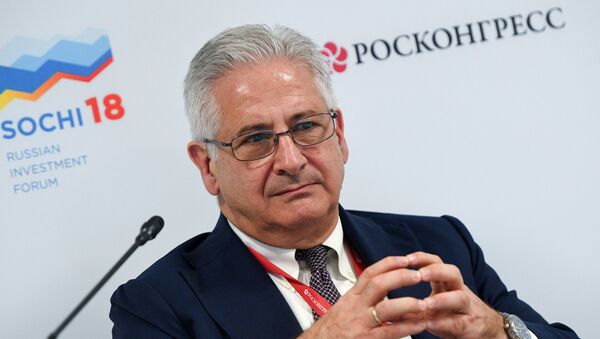"Russian manufacturers definitely have new opportunities for exports, especially for agricultural goods, for example, soy… If tariffs are unilateral, they create an impetus to search for new trade partners and contractors for the purchase of these goods. It is possible, but not always at once," Rodzianko said.
The US-China trade dispute started several months ago when US President Donald Trump announced tariffs on imported steel and aluminum in order to fix the US trade deficit with China, caused by the fact that imports from China largely exceed US exports.
READ MORE: US Federal Reserve Struggling to Find Appropriate Response to Trade War
In early July, Washington imposed 25-percent tariffs on imports of 818 additional Chinese items worth $34 billion, Beijing responded in kind.
Chinese authorities have stated on numerous occasions that the trade dispute should be resolved through negotiations, stressing that tensions between the two countries are being fueled by Washington.



